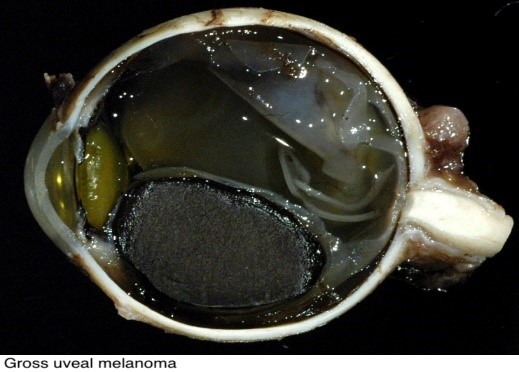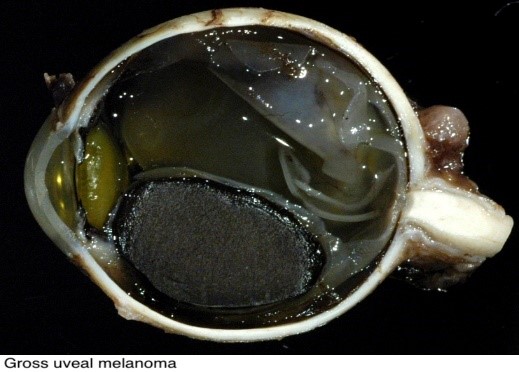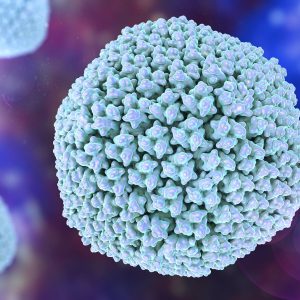NUTRITIONAL DEFICIENCIES OF EYE
A chemical substance that constitutes food and is responsible for the functions of food and also protects the body from various disorders is known to be nutrient. There are mainly two types of nutrients macronutrients that is protein, carbohydrates, fats & Micronutrients which is vitamins and minerals.
Vitamins are organic micronutrients, which protect cells and tissues from physical and chemical effects and also microbial agents. The human body needs 13 different vitamins, of these 4 are fat-soluble (A, D, E, and K) and 9 are water-soluble (C and B-group). Water soluble are readily absorbed from the diet, and do not require transport proteins in the plasma.



OCULAR NUTRITIONAL DEFICIENCIES
- DEFICIENCY OF VITAMIN –A -An Ocular manifestation of vitamin A deficiency is referred to as xerophthalmia.
- DEFICIENCY OF VITAMIN- B-1 (THIAMINE) it can cause corneal anesthesia, conjunctival and corneal dystrophy, and acute retrobulbar neuritis.
- DEFICIENCY OF VITAMIN-B2 (RIBOFLAVIN) it can produce photophobia and a burning sensation in the eyes due to conjunctival irritation and vascularisation of the cornea.
- DEFICIENCY OF VITAMIN-C it may be associated with hemorrhages in the conjunctiva, lids, anterior chamber, retina, and orbit. It also delays wound healing.
- DEFICIENCY OF VITAMIN-D it may be associated with zonular cataracts, papilloedema, and increase lacrimation.
PRIDHI PANWAR
ASSISTANT PROFESSOR
UCBMSH DEHRADUN
OPTOMETRY DEPARTMENT

